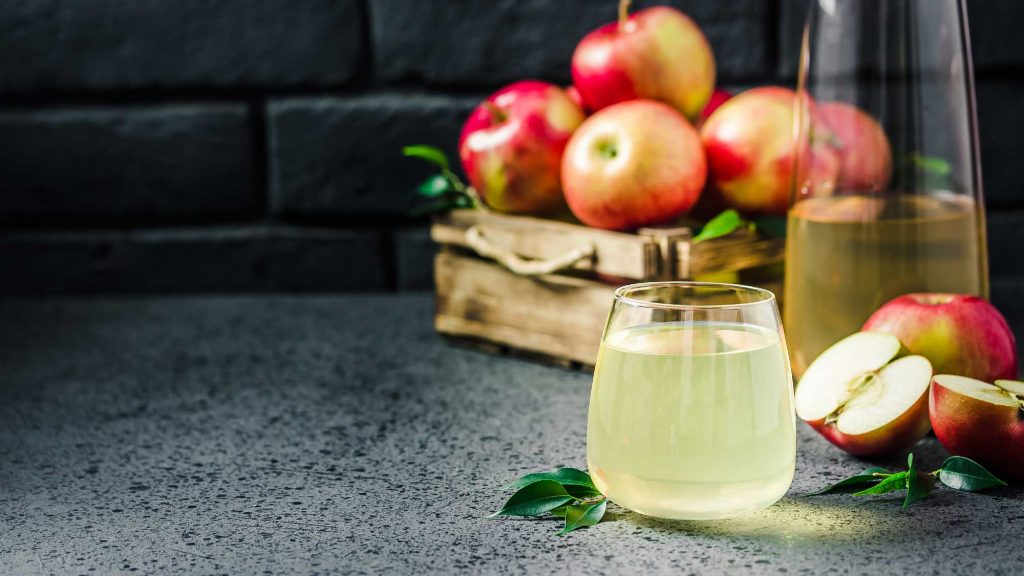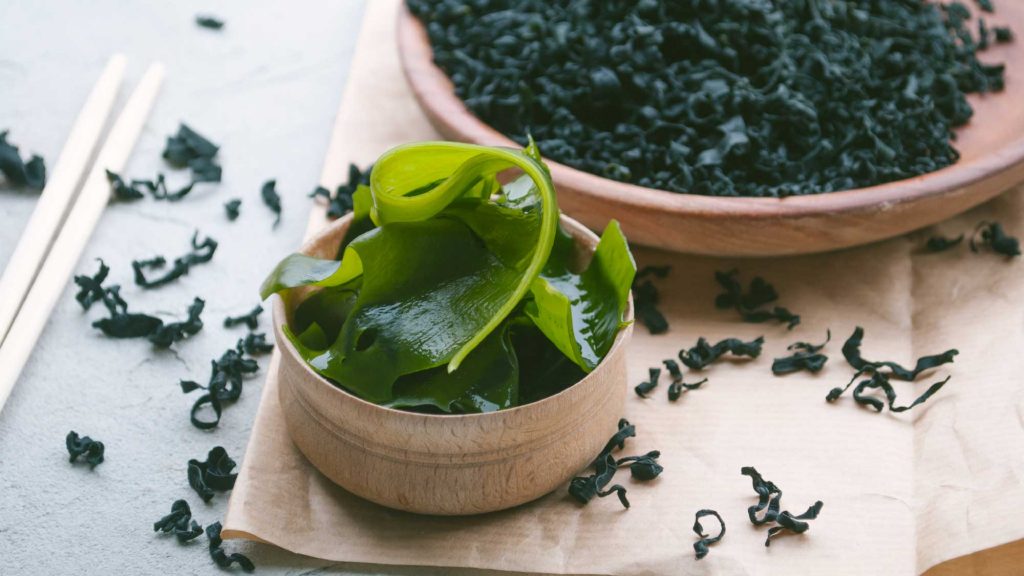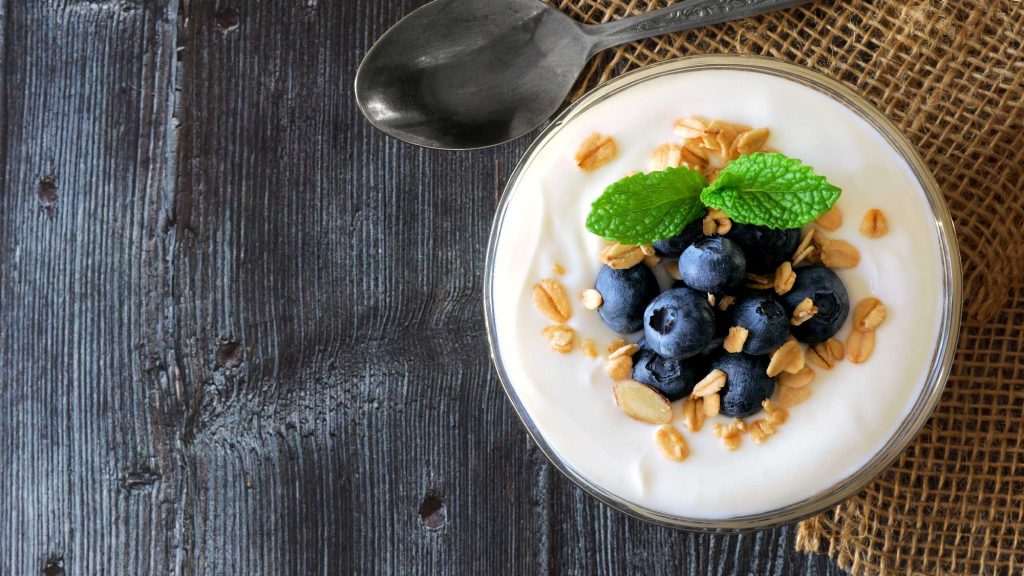Bacteria Isn’t Healthy… Is It?
We do a lot to avoid bacteria. Sanitizers and soaps, bleach and wipes. It makes sense. We scrub our environments of bacteria to ward off disease and infections because bacteria, unfortunately, can cause both.
But did you know that bacteria can also be healthy? It’s true. The World Health Organization defines probiotics as “live microorganisms, which when administered in adequate amounts confer a health benefit to the host.” That’s a thorough way of saying that probiotics have many health benefits for individuals that use them.
But, what are they exactly?
What Are Probiotics and Prebiotics?
Probiotics can be considered the opposite of antibiotics. These microorganisms are delivered orally and help good bacteria thrive. These bacteria can have a host of benefits, particularly for our immune system and digestive tract.
Meanwhile, prebiotics feed our microflora, otherwise known as our human microbiome. This term originated around 2001 to describe trillions of microbial cells that cover the lining of our gut. These microbes have evolved throughout human civilization, thriving in the guts of humans.
Benefits of a Healthy Microbiome
The microbial cells of our gut exist in harmony. Unsurprisingly, they can cause health problems when this harmony is disrupted. For example, antibiotic use has been shown to disrupt the functioning of our microbiome.
This can have the result of immune and digestive health issues. It can also cause the depletion of nutrients and vitamins.
Many people believe that our microbiome influences our brain health as well. Our gut and brain are connected, according to Harvard Medical School.
Plus, researchers have found psychological, mental, and physical benefits from probiotic use on our brains.
One study found that probiotics seemed to benefit individuals suffering from negative feelings. Another study found that probiotic yogurt and capsules both seemed to lead to less stress for the individuals in the study.
Even individuals that do not suffer from psychological issues can benefit. Decreased negative thoughts resulted from probiotic use for the participants of yet another study.
Probiotic use isn’t only associated with psychological benefits for the brain. Researchers tested probiotic use in patients suffering from brain injury. They found that patients that received a probiotic had fewer infections and also had a shorter stay in the critical care unit.
We now understand that our microbiome is immensely important and that taking good care of it is essential. This environment has bred renewed interest in studying the impact of our microbiome on our health. However, individuals have been studying the microbiome for a long time now. The earliest record dates back to the 1680s.
These Foods Contain Prebiotics and Probiotics
Unsurprisingly, prebiotics and probiotics have become very trendy in the health scenes of Asia, Europe, and increasingly North America. Drinks such as kefir and kombucha have become popular health food drinks.
And with good reason. These are both natural sources of probiotics.
Probiotics and prebiotics are also taken as supplements. They’re also in some of our favorite foods.
Here are some foods that naturally contain probiotics:
- Kimchi
- Miso
- Yogurt
- Kombucha
- Pickles
Here are some foods that naturally contain prebiotics:
- Garlic
- Onions
- Asparagus
- Leeks
- Bananas
- Oats
- Apples
- Cocoa
- Seaweed
Ways to Keep Your Gut Healthy
Healthline examines ways to help boost your gut bacteria. They advise that individuals:
- Eat a diverse diet
- Eat fruits and vegetables
- Eat legumes and beans
- Eat fermented foods
- Eat probiotic foods
- Eat whole grains
Maintaining a healthy gut is is said to be the key to maintaining overall good health!
Medical Disclaimer: All content found on the x5naturals.com website, including text, images, audio, or other formats were created for informational purposes only. It is not intended to provide medical advice or to take the place of such advice or treatment from a personal physician. All readers/viewers of this content are advised to consult their doctors or qualified health professionals regarding specific health questions. The publisher of this content does not take responsibility for possible health consequences of any person or persons reading or following the information in this educational content. All viewers of this content, especially those taking prescription or over-the-counter medications, should consult their physicians before beginning any nutrition, supplement or lifestyle program. Links to educational content not created by X5 Naturals are taken at your own risk. X5 Naturals is not responsible for the claims of external websites and education companies.




